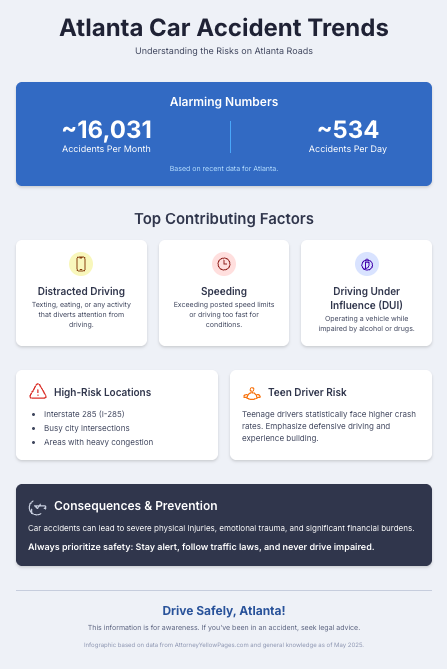Breathalyzers are devices used by law enforcement to measure a person’s Blood Alcohol Content (BAC). By providing a breath sample by blowing into a specially calibrated machine, officers are able to estimate a driver’s level of intoxication on the spot. Depending on the amount of alcohol that is in a person’s blood, they could be looking at being charged with a DUI. If your BAC is over the legal limit, and you have been charged with a DUI, it is important to contact a DUI lawyer near you who will be able to investigate the circumstances of your case and make sure your rights are protected.
How Does a Breathalyzer Work?
A breathalyzer is a compact machine that works by analyzing the alcohol concentration in a person’s breath to estimate their BAC. Here’s how it works step-by-step:
- Ingesting Alcohol – When you drink alcohol, it’s absorbed into your bloodstream through the walls of your stomach and small intestine. The blood then carries the alcohol throughout your body, including to your lungs.
- Alcohol in the Breath – As blood flows through the lungs, some alcohol molecules evaporate into the alveoli (air sacs) in the lungs. When you exhale, the alcohol in the alveoli is released in the breath.
- Breath Sample Collection – When you blow into a breathalyzer, it captures a breath sample. The device measures the concentration of alcohol molecules in the sample, which correlates with the amount of alcohol in your bloodstream.
- Measuring BAC – The breathalyzer calculates your BAC based on the alcohol concentration in your breath. Most breathalyzers use a breath-to-blood alcohol ratio of 2,100:1, meaning that 2,100 milliliters of alveolar air will contain the same amount of alcohol as 1 milliliter of blood.
Types of Breathalyzers
There are actually different kinds of breathalyzers that a law enforcement agency might use when collecting a BAC sample from an individual.
- Fuel Cell Breathalyzers – These contain an electrochemical fuel cell that oxidizes alcohol in the breath, creating an electric current. The strength of this current is used to calculate BAC.
- Infrared Spectrometry Breathalyzers – This one is used most often by police stations. This type of breathalyzer uses infrared light to detect alcohol molecules in the breath and then measure BAC accurately.
- Semiconductor Breathalyzers – These are less commonly used by police officers because they are considered to be less accurate than the other two types of breathalyzers, however, they can give a general estimate and are the most affordable for people looking for an at-home breathalyzer. This type of breathalyzer measures the sensor resistance change when a heated film in the unit oxidizes the alcohol in the breath sample.
Does One Drink Trigger a Breathalyzer?
Whether one drink will set off a breathalyzer depends on a variety of factors, including the type of drink, your body’s metabolism, your weight, and how quickly you consumed it. It’s important to understand that the way one drink of alcohol affects one person could be very different from the way it affects someone else. A person with a lower body weight or a higher body fat percentage may end up with a higher BAC from a single drink than someone with a higher body mass or muscle. An individual’s metabolism rate can also play a role in how someone’s BAC will be impacted after one drink, as can their gender, and health.
It must also be understood that not all alcoholic drinks are the same, some have only a small percentage of alcohol like beer which is typically around 5%. Whereas other drinks like whiskey can be around 40% alcohol content. Consuming one standard drink may raise the average adult’s BAC by about 0.02%. However, BAC can fluctuate depending on alcohol content and portion size. The timing of the consumption of the drink will also be a factor. If you consume one drink and take a breathalyzer shortly afterward, you may register a reading. Typically, alcohol takes 30-45 minutes to peak in your bloodstream after drinking. If you wait longer before taking a breathalyzer test it could result in a lower reading.
What Happens If You Fail a Breathalyzer After Just One Drink?
Failing a breathalyzer can have legal consequences, even if you feel sober. Because of this, some people wonder, ‘Can you refuse a breathalyzer test?’ Would it be better to simply refuse the test so that there is no record of your BAC at the time of being pulled over. Refusing a breathalyzer test comes with its own consequences and should be considered carefully.
If you are pulled over and your BAC exceeds the legal limit, you may face charges for driving under the influence, regardless of whether you only had one drink. Even lower BAC levels can lead to penalties if a driver is underage or a commercial driver operating under a stricter limit, often 0.04%.
Breathalyzers Are Helpful, But They Are Not Perfect
It is possible for one drink to set off a breathalyzer, though whether it will register enough to exceed legal limits depends on various personal and situational factors. Even if a breathalyzer does blow over the legal limit, it is important to speak with an experienced DUI attorney near you, as there are many mitigating factors that could bring the validity of the breathalyzer’s results into question. These devices are useful to law enforcement officers trying to keep roads safe from intoxicated driver’s, but they are not infallible and as such the results need to be scrutinized carefully to make sure that driver’s rights are not being violated.




